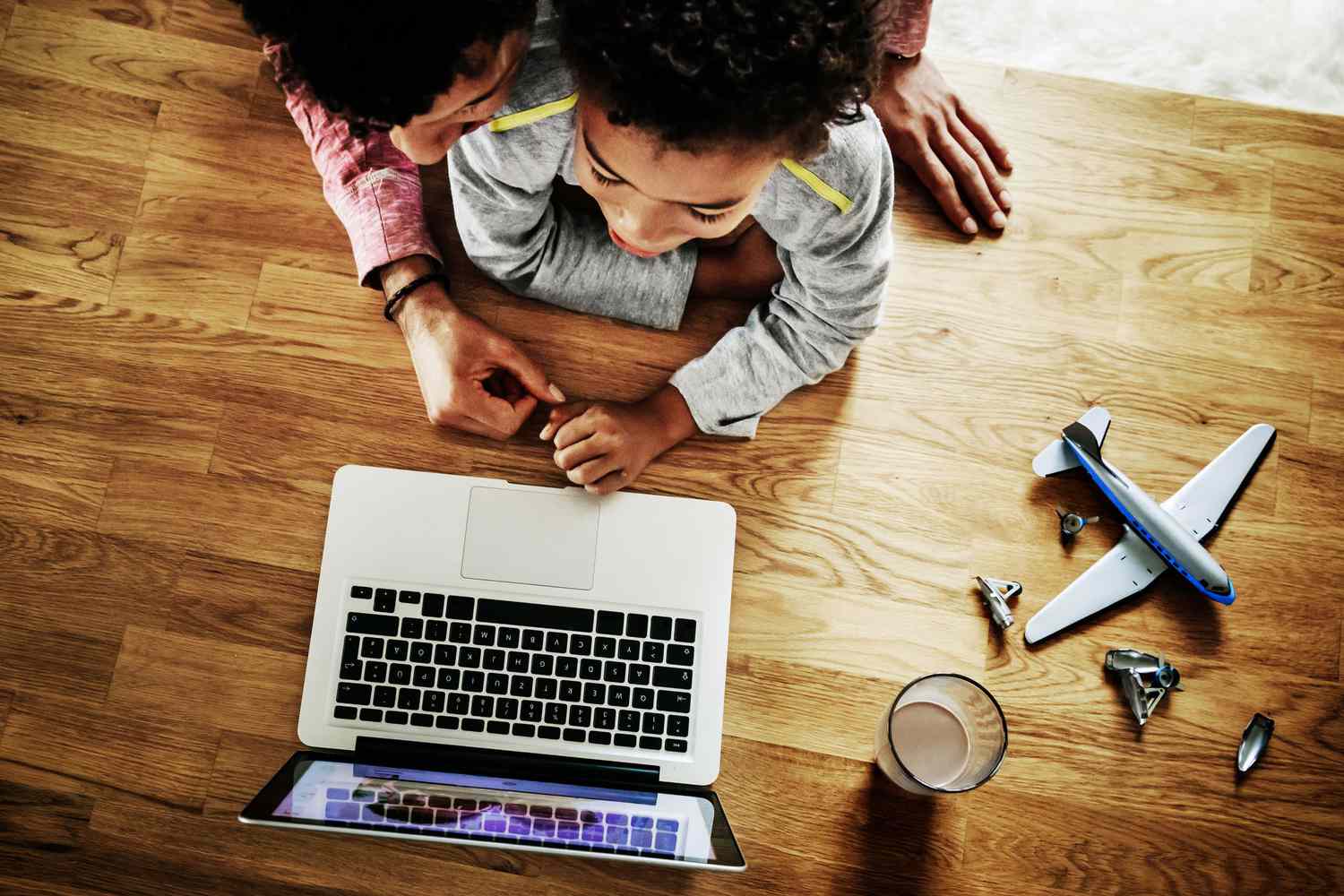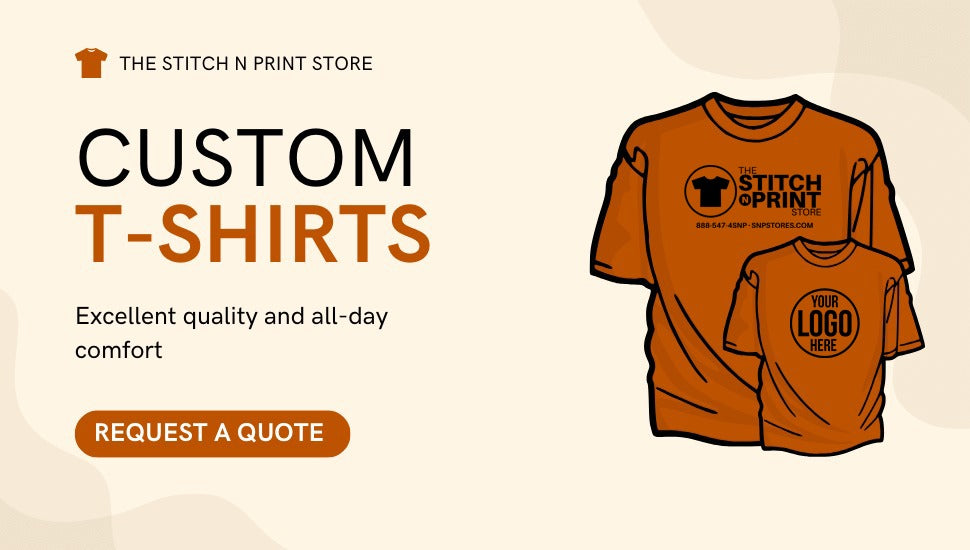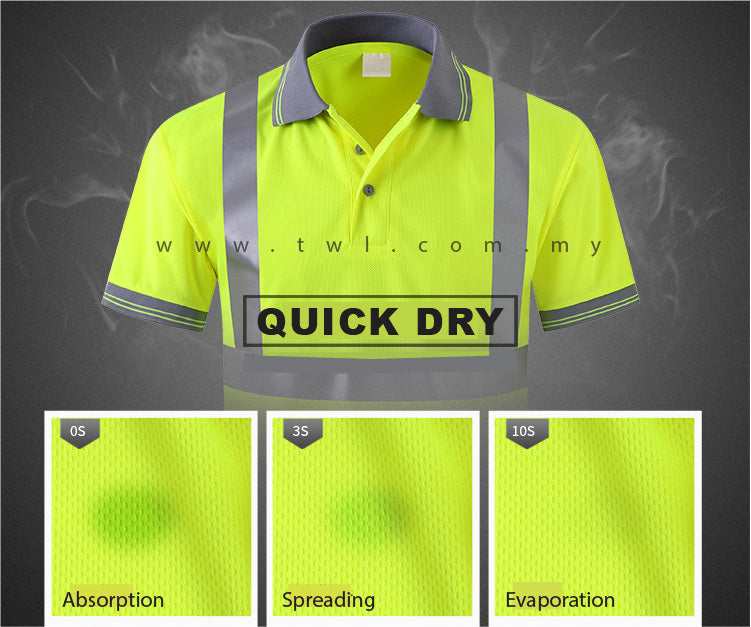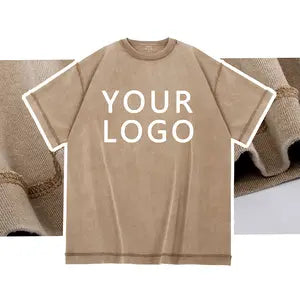As parents and educators, we are always looking for ways to support our children's learning and development. One of the most effective and enjoyable ways for preschoolers to learn is through play. And what better way to combine play and learning than with educational toys? These toys not only provide entertainment, but they also stimulate different areas of a child's brain, helping them build essential skills. In this article, we will explore the benefits of educational toys for preschool children and provide some recommendations for the best ones to add to your child's toy collection.
1. The Importance of Educational Toys in Early Childhood Development

Why Do Young Children Need Educational Toys?
The first few years of a child's life are crucial for their cognitive, physical, and emotional development. During this time, children go through rapid growth and development, making it the perfect time to introduce them to educational toys. These toys are designed to engage and challenge children's minds, helping them to learn new concepts and skills while having fun.
How Do Educational Toys Help in Preschool Education?
Educational toys serve as tools to enhance preschool education in several ways:
- Promoting Cognitive Development: Educational toys often involve problem-solving, critical thinking, and decision-making, which help develop a child's cognitive abilities.
- Encouraging Creativity and Imagination: Many educational toys allow children to express their creativity and use their imaginations, promoting their overall development.
- Developing Fine and Gross Motor Skills: From building blocks to puzzles, educational toys require precise movements, helping children improve their fine motor skills. Additionally, games that involve running, jumping, and throwing can aid in developing gross motor skills.
- Fostering Social Skills: Many educational toys are meant to be played with others, such as board games or role-playing games. These toys promote social interaction and help children learn how to communicate, collaborate, and share with others.
- Introducing New Concepts: Educational toys can introduce children to new concepts like letters, numbers, colors, and shapes, laying the foundation for future academic learning.
2. Types of Educational Toys for Preschoolers

What Are the Different Types of Educational Toys?
There is a wide variety of educational toys available in the market today. Some of the most popular types include:
- Construction Toys: Building blocks, puzzles, and other construction toys help develop spatial awareness, problem-solving skills, and fine motor skills.
- Pretend Play Toys: These toys allow children to role-play and act out different scenarios, fostering creativity and imagination.
- Electronic Learning Toys: With interactive features and games, electronic learning toys can help preschoolers learn letters, numbers, and other essential concepts.
- Art and Craft Toys: From finger painting to coloring books, art and craft toys encourage creativity and help develop fine motor skills.
- Musical Instruments: Playing musical instruments can improve listening skills, hand-eye coordination, and even memory.
How to Choose the Right Educational Toys for Your Child?
When choosing educational toys for your child, consider their interests, abilities, and developmental stage. A toy that is too advanced may frustrate them, while one that is too easy may bore them. Additionally, look for toys that are durable and safe for young children and ones that align with your family's values and beliefs.
3. Best Educational Toys for Preschool Children

Top 3 Educational Toys for Cognitive Development
- Melissa & Doug Wooden Pattern Blocks and Boards: This set comes with different shaped blocks and templates to create different patterns, promoting spatial awareness and problem-solving skills.
- LEGO Duplo My First Number Train: This toy combines building and counting for a fun and interactive way for children to learn numbers and basic math concepts.
- VTech Touch and Teach Word Book: With interactive activities and games, this electronic toy teaches children letters, words, and phonics.
Top 3 Educational Toys for Creativity and Imagination
- Play-Doh Fun Factory Deluxe Set: This classic toy allows children to mold and shape their own creations, promoting creativity and fine motor skills.
- Melissa & Doug Deluxe Puppet Theater: Encourage your child's imagination with this puppet theater set, perfect for putting on shows and practicing storytelling.
- KidKraft Ultimate Corner Play Kitchen: Little ones can cook up endless imaginary meals with this play kitchen, promoting creativity and social skills.
Top 3 Educational Toys for Motor Skills Development
- Hape Pound & Tap Bench with Slide Out Xylophone: This toy combines music and movement as children use the mallet to pound the balls through the holes, improving hand-eye coordination and gross motor skills.
- Green Toys Dump Truck: Children can load and unload this eco-friendly dump truck, helping them develop fine motor skills and hand-eye coordination.
- Little Tikes Easy Score Basketball Set: This basketball set can be adjusted to different heights, encouraging physical activity and developing gross motor skills.
FAQs about Educational Toys for Preschool Children
:max_bytes(150000):strip_icc()/GettyImages-902906356-436b083ac4f94e7eb3fd9688a9c637be-13530c52dc324a2b8de3762b52be6dfb.jpg)
What age range are educational toys suitable for?
Educational toys can be beneficial for children of all ages, but they are particularly helpful for preschool children aged 3-5 years old.
Can I make my own educational toys at home?
Yes, there are many DIY educational toy ideas available online that use simple household items to create fun and educational games for children.
How long should a child play with educational toys each day?
Children should engage in play, including with educational toys, for at least an hour each day, divided into smaller chunks of time.
Are there any educational toys that are screen-free?
Yes, there are many educational toys available that do not involve screens, such as building blocks, puzzles, and art and craft sets.
What should I do if my child loses interest in a particular educational toy?
If your child loses interest in a particular toy, try rotating it with other toys or introducing new games and activities to keep them engaged and learning.
Conclusion: The Power of Educational Toys for Preschool Children
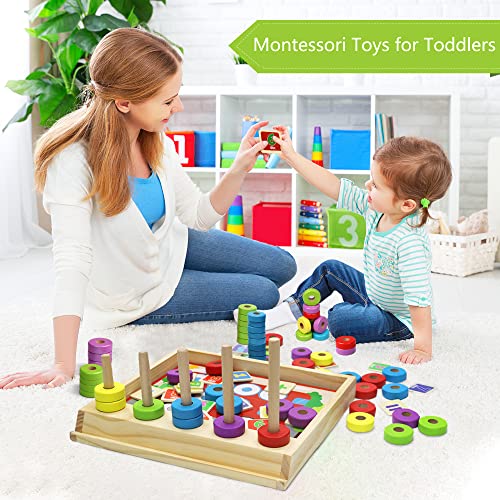
Incorporating educational toys into your child's playtime can have a significant impact on their overall development. These toys offer a fun and engaging way for preschoolers to learn important skills such as problem-solving, creativity, and social interaction. With so many options available, parents and educators can find the perfect educational toys to support their children's learning journey. Remember to choose age-appropriate, safe, and durable toys that align with your child's interests and abilities. Let's make learning fun with educational toys!


